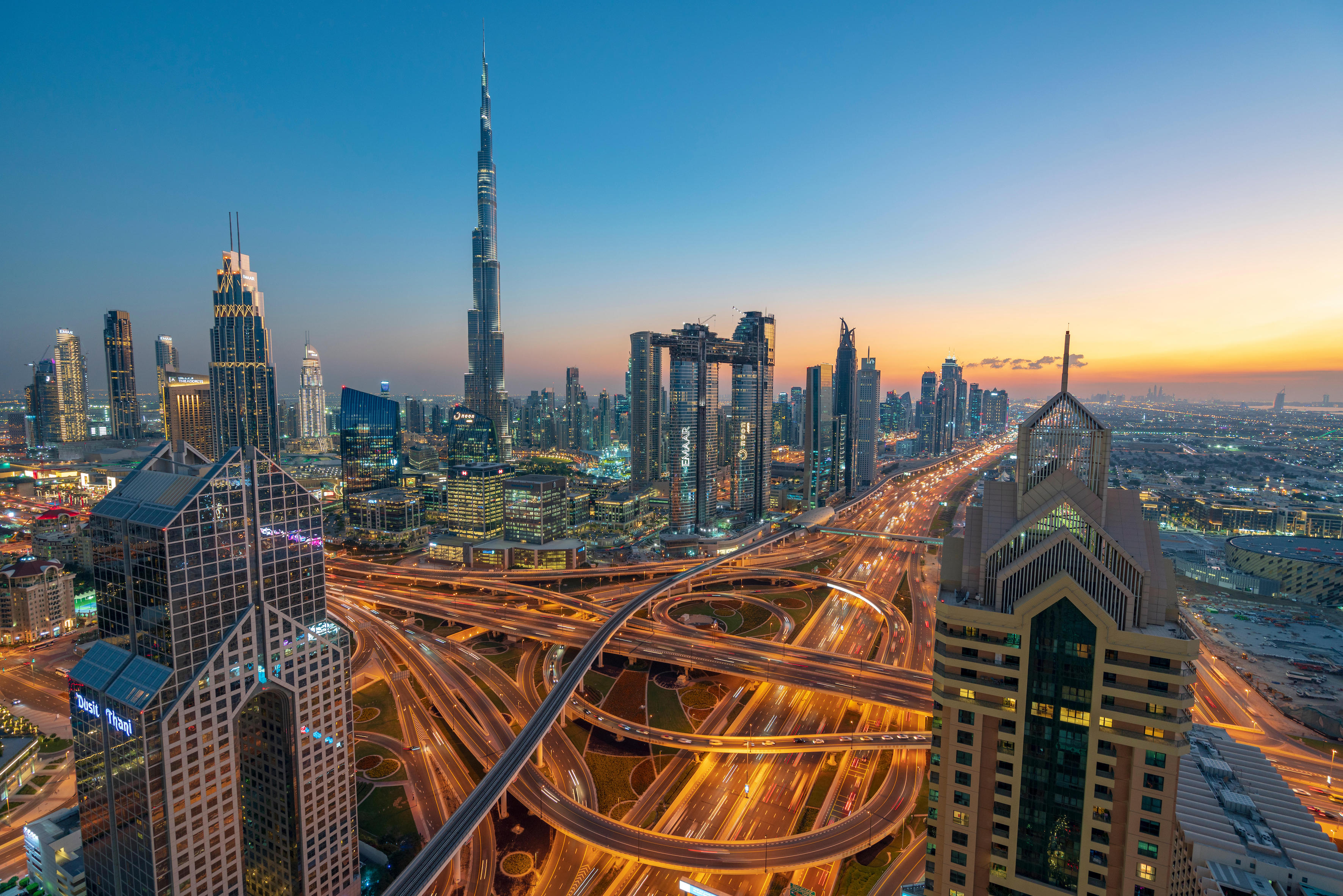
The speed in which Dubai has turned itself from a small fishing village into a truly ‘cosmopolitan, regionally dominant 21 st century city’ has been quite alarming (Pacione, 2007). Despite the successes of the Dubai project questions have arisen regarding its sustainability after the financial crash of 2008(see Bassens, 2010). Indeed Los Angeles, Tokyo, New York all have ambition but what interests me about the aforementioned Middle Eastern cities, is the speed at which they have urbanized, and the success that they have had in turning their fortunes around.ĭubai for one has been incredibly aggressive in its strategy, attempting to lose the traditional labels of ‘dystopia’ that are associated so widely with the region (Stanley, 2003). In many ways, these global cities do not differ greatly in their ambition than any of the other cities around the world with global intentions. To understand the ethic of hospitality that is practised in Middle Eastern cities, one has to look at the epistemology of Bedouin hospitality, and then view how it is currently being applied within such Middle-Eastern cities such as Dubai, Qatar and, to some extent, Amman. In my analysis, I shall predominantly be looking at the example of Dubai, which is arguably the most ‘global’ of all cities in the Middle East.Īrab Hospitality: Blueprints for a Neo-Global City? The following chapters will examine in depth these questions and ask in conclusion whether Middle Eastern Hospitality has been changed as a result of the construction of these new cities, or has it merely shifted to accommodate a new type of guest? Furthermore, where does the power lie in the host/guest relationship and to what extent has the (predominantly foreign) guest gone to accommodate the cultural considerations of its host. How have these heavily ritualized protocols of Bedouin hospitality reacted to being ‘urbanized and commoditized’? (Sobh & Belk, 2012, p.

I intend to address how exactly Arab hospitality works within the confines of these new cities, and how it has changed from its original form as it existed pre-urbanization. What I want to look at in particular is the how the unique discourse of Arab (principally Bedouin) hospitality has responded to the urbanization of life in the Middle East, and whether that hospitality has been warped by the integration of neo-liberal practices. Interestingly the rise of these ‘wannabe’ global cities in the Middle East is something of a new phenomenon a different way of viewing how cities offer hospitality to guests. It is testament to the hospitality of the Arabs, that they can build these ‘concrete oases’ in such inhospitable conditions and make them so attractive to guests. A rather relevant geographical point is the location of the cities in the middle of the desert.

That said, they are reaching out to the world and using their unique form of hospitality, they are pushing for competition. 425) that these cities are seen by the Arab world as a way of making a mark, of transferring their image from one of being a nomadic, oil producing state to a ‘global city’, but in a different guise perhaps to one that prescribes so neatly to the definition laid out by Saskia Sassen.

This form of hospitality bears some similarities with aspects of Derrida and Kant’s take on hospitality but is complex enough in its own right to warrant its own discourse.Ĭities such as Dubai, Doha and to a lesser extent Abu-Dhabi and Bahrain have been incredibly important for the region, for it has so far ‘had an uneven balance sheet in keeping up with an increasingly globalised world’ (Bilgin, 2001, p. Many different stories recant great tales of the lengths that Arabs have gone to in order to be hospitable to their guests and anecdotes, such as that of Ibn ‘naked’ Khatlan (which I shall discuss later), may not set an example for Arabs to follow in their practices of hospitality, but demonstrate the importance that hospitality has in their culture. For generations, the Arabs have practised an almost legendary discourse on hospitality. The Arab world is famed for the hospitality of its people. We waste food and spend all our wages to impress guests…and sometimes we don’t even have enough money to clothe our children and send them to good schools – (Shryock, 2004, p. Hospitality is the Arab madness…we do karam (hospitality) to excess.


 0 kommentar(er)
0 kommentar(er)
